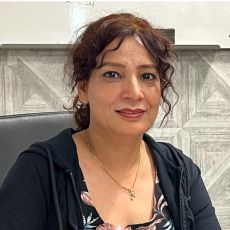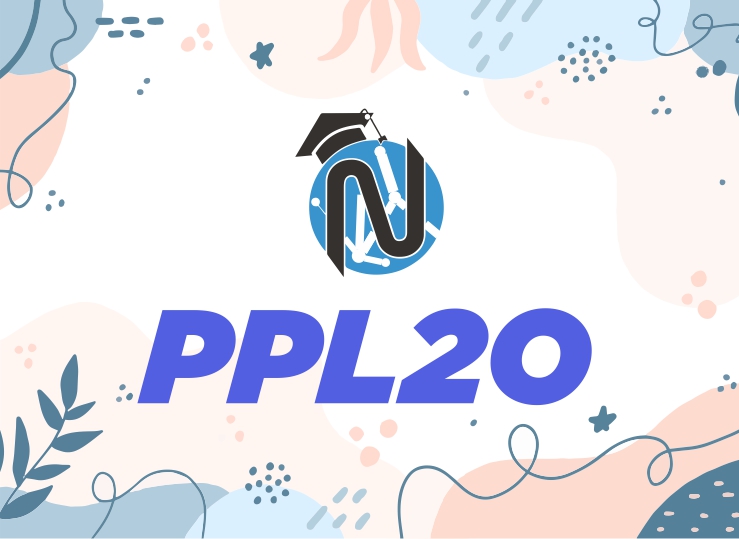
Healthy Active Living Education (PPL2O)
Course Description
The grade 10 course emphasizes regular participation in a variety of enjoyable physical activities that promote lifelong healthy active learning. Students will learn movement skills and principles, ways to improve personal fitness and physical competence, and safety and injury prevention. Students will investigate issues related to nutrition, body image and the use of informed decision making and conflict resolution in making personal choices.
For Ministry Guideline Click Here
| Units | Descriptions | Length (Approximately) |
|---|---|---|
| Unit 1 | Fitness Plan and Nutrition In this unit, students will evaluate the effectiveness of various fitness programs and create a plan specific to their own personal physical activity and fitness goals. Students will examine the factors that influence food and beverage choices and how those factors play a role in their personal nutritional choices. Students will identify a nutrition label and understand what each ingredient does for their body. Finally, students will explore current nutritional trends and how they influence their choices while they examine Canada’s Food Guide. |
25 hours |
| Unit 2 | Safety and Well-Being In this unit, students will learn behaviors and apply procedures that maximize their safety and that of others in a variety of physical activity settings as well as learn different CPR techniques and about automated external defibrillators. Students will understand the meaning of overall health and well-being and what some of the factors are that lead to their well-being. Finally, students will identify the health and safety risks that they may encounter in their environment and what the strategies are to minimize those risks. |
25 hours |
| Unit 3 | Movement and Decisions/Substance Abuse In this unit, students will use adaptive, management, and coping skills to help them respond to the various challenges they encounter as they participate in physical activities, develop movement competence, and acquire knowledge and skills related to healthy active living. Students will learn about the phases of movement and different movement principles. Students will be able to identify different types of conflict and be able to identify and apply a conflict resolution strategy based on the type of conflict that they encounter. Students will define substance abuse and communicate the impact of abusing substances on overall health and well-being. Students will apply the appropriate skills to respond to a challenging situation involving substance use, addictions, and other related behaviors. Finally, students will identify the impact of addictions at a local, societal, and global level. |
23 hours |
| Unit 4 | Fair Play and Sexuality In this unit, students will learn about ethical and fair play as it contributes to creating a rewarding and enjoyable activity environment. Students will learn the components of a range of physical activities in a range of environments and critically assess and design a play. Students will describe the factors that influence how they make sexual decisions and how to make healthy decisions that are appropriate for them. Students will be able to communicate their sexual limits, needs, and desires effectively with their partner. Students will describe several common misconceptions about sexuality and understand the importance of education in order to treat all people, regardless of differences, with the same respect and understanding. Students will gain an understanding of how being in an exclusive relationship impacts them and the other relationships they have. |
20 hours |
| Unit 5 | CULMINATING PROJECT This project is one of the final evaluations of PPL2O. This project will be worth 10% of the final grade. ( 9 hrs.) Mock Exam (2 Hrs) + Final Exam Review (4 Hrs) Final Exam This exam is the final evaluation of PPL2O online. Students need to arrange their final exam 10 days in advance. All coursework should be completed and submitted before writing the final exam, please be advised that once the exam is written, any outstanding coursework will be given a grade of zero. The exam will be two hours. |
15 hours 2 hours |
| Final Culminating Task (10%)- 9 Hrs Final Exam (20%)-2 Hrs |
5 hours | |
| Total | 110 hours | |
Overall Curriculum Expectations
By the end of this course, students will:
- Active Participation - participate actively and regularly in a wide variety of physical activities and demonstrate an understanding of factors that can influence and support their participation in physical activity now and throughout their lives.
- Physical Fitness - demonstrate an understanding of the importance of being physically active and apply physical fitness concepts and practices that contribute to healthy, active living.
- Safety - demonstrate responsibility for their own safety and the safety of others as they participate in physical activities.
By the end of this course, students will:
- Movement Skills and Concepts - perform movement skills, demonstrating an understanding of the basic requirements of the skills and applying movement concepts as appropriate, as they engage in a variety of physical activities.
- Movement Strategies - apply movement strategies appropriately, demonstrating an understanding of the components of a variety of physical activities, in order to enhance their ability to participate successfully in those.
By the end of this course, students will:
- Understanding Health Concepts - demonstrate an understanding of factors that contribute to healthy development.
- Making Healthy Choices - demonstrate the ability to apply health knowledge and living skills to make reasoned decisions and take appropriate actions relating to their personal health and well-being.
- Making Connections for Healthy Living - demonstrate the ability to make connections that relate to health and well-being – how their choices and behaviors affect both themselves and others, and how factors in the world around them affect their own and others’ health and well-being.
Assessment & Evaluation of student performance
Formative assessments are learning practices that provide important feedback to student progress. Examples include homework and quizzes.
Summative assessments form a foundation for final mark allotment at the end of the unit, term and final evaluation.
An achievement chart will be given to students at regular intervals and the purpose of the charts is to provide feedback to students in relation to content and performance strands.
| Knowledge and understanding | Communication | Thinking Inquiry and Problem solving | Application |
|---|---|---|---|
| 25% | 25% | 25% | 25% |
Unit Tests, Written assignments, presentations, Classroom Observations and Classroom conversations.










